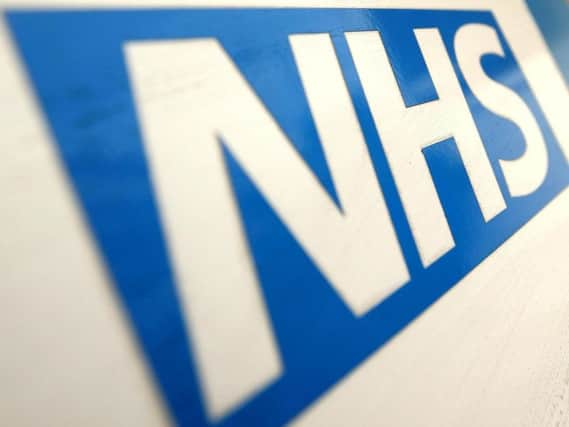Hospital's 3,000 'lost' letters blunder


The inquiry was launched by Wrightington, Wigan and Leigh NHS Foundation Trust after a whistleblower informed Wigan Clinical Commissioning Group (CCG) that they had received four late discharge letters.
Though the patients in each case had been discharged from the trust’s immediate care in April, the correspondence had only arrived at the unnamed surgery towards the end of August.
Advertisement
Hide AdAdvertisement
Hide AdThe CCG’s clinical governance committee was told in October that, according to WWL, it had been discovered that there were another 3,000 discharge letters dating back to May, which were waiting to be sent.
Trust bosses were also criticised over their discharge procedures last month following the death of Leigh man Terence Ryan.
Coroner Alan Walsh issued a “prevention of death” notice to WWL after Mr Ryan discharged himself, against medical advice, and his GP was not sent a letter advising him of the fact. He later died at his home from a pulmonary embolism, linked to an earlier road traffic incident In a report, the CCG’s clinical governance committee was told: “A daily monitoring process was set up to mitigate the potential risks of a future recurrence.”
Clinical commissioners also confirmed that a letter had been sent to WWL chief executive Andrew Foster questioning the “fitness for purpose” of the trust’s hospital information system.
Advertisement
Hide AdAdvertisement
Hide AdThe trust is then said to have provided reassurances to the CCG on its information practices, and that action had been taken to mitigate the risk to patients.
A WWL spokesman said: “The trust can confirm that as soon as it was identified there was a possibility that some patient discharge letters may not have been sent to GP practices, action was taken to immediately resend them. All of the letters have also been reviewed internally to ensure any required GP clinical follow-ups have taken place.
"A manual process has been put in place to ensure all correspondence is sent to GPs, whilst enhancements to the system are implemented to improve traceability and timeliness of discharge letters.”
The trust also unveiled an enhanced discharge hub last summer, also involving clinical commissioners, Bridgewater NHS Trust and North West Boroughs NHS Foundation Trust, which was designed to ensure the process ran smoother for patients.